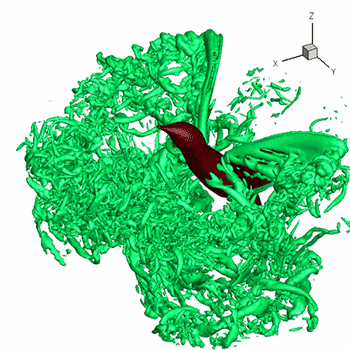#sin^-1(sin((7pi)/6))#
Start inside the parentheses by finding #sin((7pi)/6)#.
According to the unit circle at #(7pi)/6#,
the #y# coordinate or sine of #(7pi)/6# is equal to #-1/2#.
Next, substitute #-1/2# into the original problem.
#sin^-1(-1/2)#
Recall that the range of #sin^-1# is #-pi/2# to #pi/2#.
If you are finding #sin^-1# of a positive value, the answer will be in the first quadrant between #0# and #pi/2#.
If you are finding #sin^-1# of a negative value, the answer will be in the fourth quadrant between #-pi/2# and #0#.
Again using the unit circle, the fourth quadrant angle with a sine of #-1/2# is #(11pi)/6#. But this is NOT the answer! Because of the restriction on the range, you need to find an angle between #-pi/2# and #0#. The angle is then #-pi/6#.
Also note that #sin^-1(sinx)# does not automatically "cancel out" and yield x.

